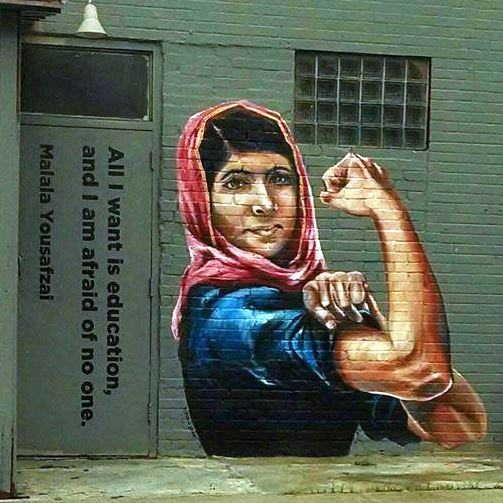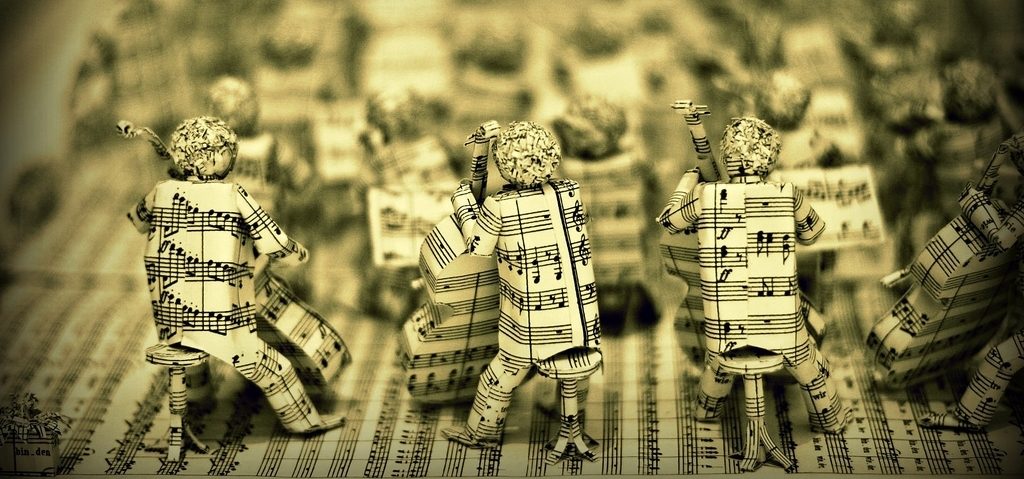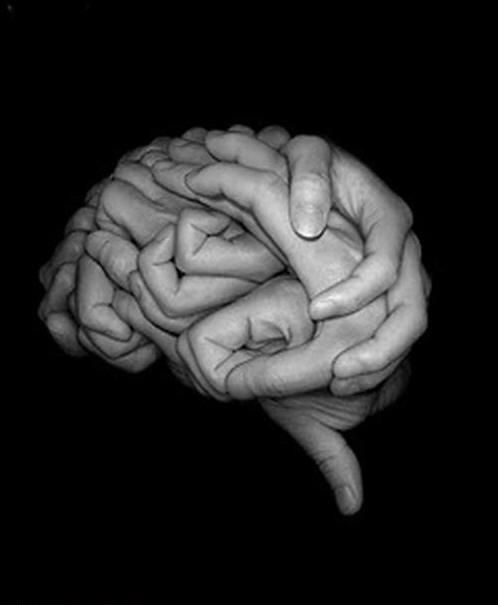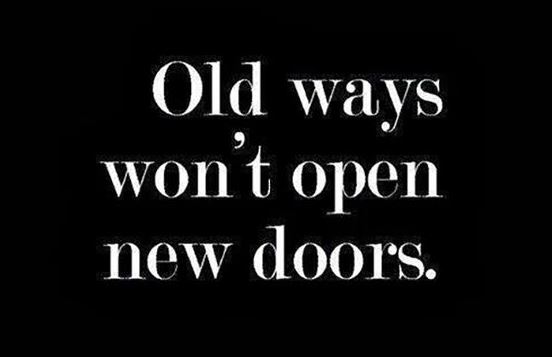Cross-Cultural Competence
Goodbye Goa!
Goodbyes, hellos, and no going back!
India, special India!
The time to bid our Goan “home” of 3.5 years goodbye!
In a blink of an eye 1219 fabulously exotic days which start with a view that (mostly) resembles a seaside paradise exploding with intensely colorful palettes of sunrises and sunsets as seen on “wish you were here” postcards and honeymoon catalogues, are coming to an end. The remaining 30 days of packing and relocating not only ourselves but also our dogs to Austria, are going to pass in an even brighter blur!
A room with a spectacular view – every day – even during the Monsoon!
What can I say?
My feelings on leaving here are mixed.
What I can say is that during my time here – in the dazzle and daze of hazy day to day events, high days and bright “holi”-days it hasn’t always been a honeymoon and at times I wish I wasn’t here. We have been undergoing real-time transformation in among the frustrations and fun of this “roll-er-coast-er” time.
Happy Holi!
It’s been a transformation adventure for sure!
#transformation: having undergone change with no possibility to return to the original form or shape – like when you… Read more
Power From Within is Pure Empowerment
Power From Within is Pure Empowerment
Power: a.k.a. ability, potential, talent and gift
Em-power-ment: a.k.a. permission, green light, go ahead, consent and OK.
It’s not possible to empower someone else – each and every one of us is already empowered.
No one, especially not people “in power” have this power or hold over others.
Real empowerment only happens when people are doing something because they WANT to. Empowerment comes from within and you get to see it when people are doing something to the best of their ability – in any given situation.
Empowerment is unleashed human desire and potential. That is power-full!
And they will only make that decision – give themselves the “green light” – when they feel good, feel safe and when they know what’s in it for them.
Happy people are empowered people.
And only then can knowledge become power!
When was the last time you went out of your way to make someone you work (or play) with, happy?
I work with teams; cross-cultural teams and support them in recognizing their diverse strengths and allowable weaknesses to unlock their potential and power within.
If you’re interested in doing a cross-cultural workshop, contact me!
Collaboration and Standing Ovations!
Did you know that the word collaboration comes from the Latin word “concerto” concert and harmony and from “concertare” to bring into agreement or sing together (as in con + cantare = to sing)?
I was raised on music – a well balanced mix from rock to pop and classics. The Beatles, Led Zeppelin, Moody Blues, Cat Stevens, Vivaldi, Tchaikovsky etc. A lot of time and money was spent on my “big C” cultural upbringing. I was indulged in many magical ballet performances by the local Performing Arts Council) and regularly dragged off to the open rehearsal sessions of the Durban Philharmonic Orchestra in the Durban City Hall.
What I really didn’t like was the instrument tuning and warming up that went on before a performance – to me it sounded like a cacophonous wailing. I needed the conductor to bring congruence and harmony to the clamor and commotion.
Our neighbors, were a family of musicians completely immersed in the world of classical music; they played in the orchestra, sang in choirs and taught music. Diana, one of the daughters, encouraged me to listen out for individual instruments, and to pick out the conducting elements (tempo, dynamics, cue-ing and articulation) as she had taught me to listen out for in Sergei Prokofiev’s “Peter and the Wolf”.
And then, as if by the wave of my very own baton I was skilled in aligning the instruments – discord became harmony! A symphony!
The word comes from the Latin “symphonia” a unison of sounds or harmony and from the Greek word “symphonia” also harmony and concert; “symphonos” meaning harmonious and from “syn”- together + phone – voice/sound.
Much of the interpersonal discord I have witnessed can be likened to the uncoordinated and un-conducted sounds of an orchestra warming up – much like the “forming” stage of a new team on a new project. Imagine you are a musician in a group of players where each musician thinks they know best and know what needs to be done (play what they have to play) when and how they want with little regard for the other musicians? Need I say more?
Achieving cross cultural collaboration must feel the same to a team, as an orchestra (and conductor) getting a standing ovation. It can only, happen when everyone; the leader(s) and team members pay finely tuned attention to the group and listen out for the individual “instruments” articulating their particular skills and talents in order to be instrumental in co-composing congruent collaboration.
This is cross-cultural competence; the ability to bring voices into agreement for conversational harmony. You want to play? Would you like to improve your skills? Contact me.
The “Q” in Cultural Competence – Do You Have It?
The “Q” In Cultural Competence – Do you Have It?
A 10 minute read on how to master your cross-cultural competence, a good book recommendation, a short video and 6 empowering questions that guarantee collaboration!
I was asked, just this week, what I do. I told them. Someone then said: What exactly is that?
In a nutshell? Culture is the way things get done around “here” and the way things get done around there, and over there and also over there. My job is to support people in bringing their various ways of doing things, together. In biz talk? Two words: team alignment.
Culture – is known as folklore, habit, knowledge, lifestyle, way of life and development. It is taken from “cultura”(Latin) which comes from the verb “colo” or “colere” which means to tend, care for, look after and cultivate. It also means to till the soil, farm, grow and plant.
What do I do? I tend, look after and cultivate cross-cultural connections and collaboration through clarity in conversation.
Why? To facilitate a change for the better people need to change their thinking and to change collective thinking demands a change in the conversations they are having which then leads to a “rewiring” of the brain (mindsets) and which ultimately leads to aligning new (and better) behaviors because…
But first we need to understand that modern day cultures can be described as the outcome of many different external influences and circumstances as experienced by those who set up home up in various parts of the world l-o-o-o-n-g before you and I came along.
The lessons in survival that were endured by one clan in the Saharan sun and heat, and another tribe wading their way through steamy mangrove swamps, had to be completely different to those of a group freezing their way through the Siberian cold and dark winter, don’t you agree? And, the frequency of their repeated “lessons” became genetically imprinted values and norms over time. “Solutions” became and continue to become a part of our everyday lives – we adopt, adapt, integrate and embody new sets of skills so often that basic assumptions become an unconscious and unquestioned reality which we, mostly, take for granted.
Repeated behavior, healthy or not, becomes a collective programming and an unquestioned group think. It’s this group think that defines a culture and creates differences. #groupbias #whywestereotype








Recent Comments